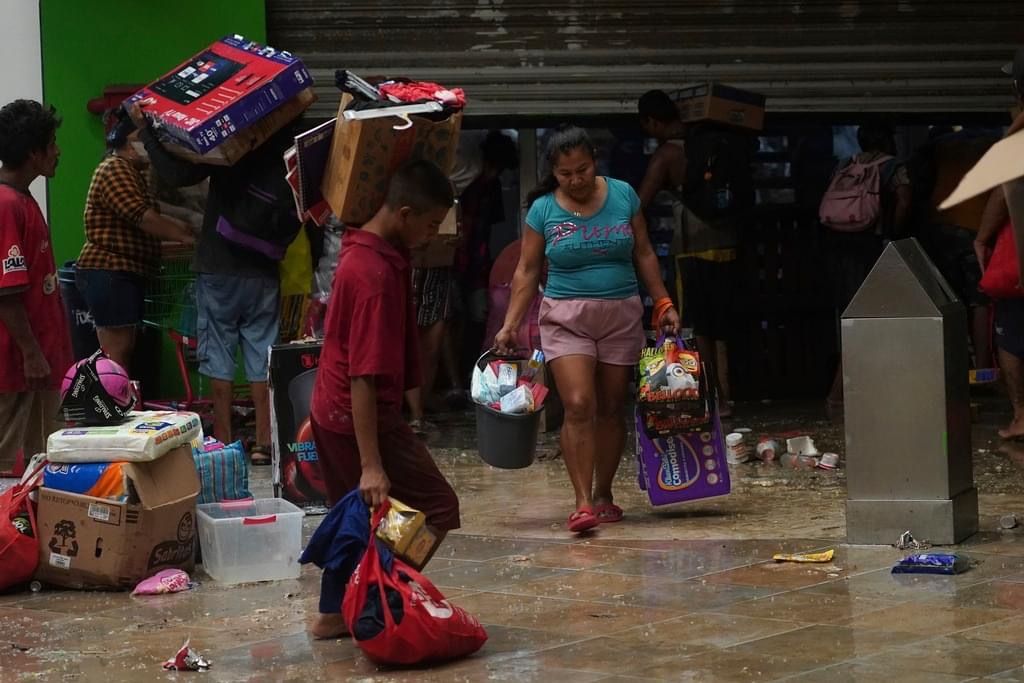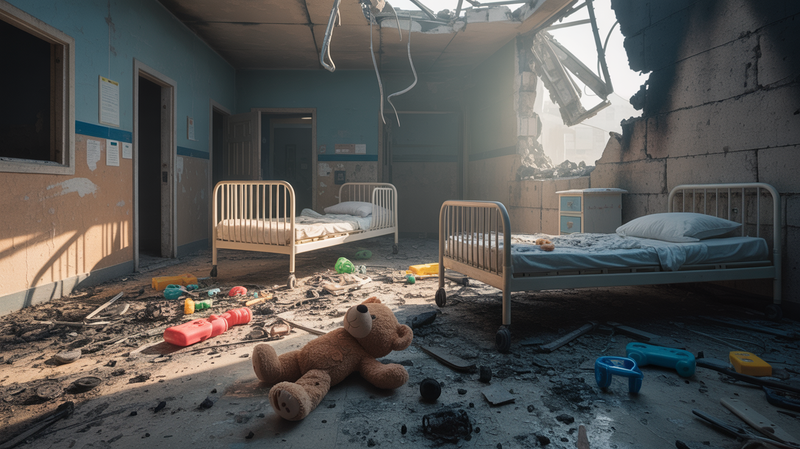Descent into Anarchy: The Fragility of Civilization Amidst Nature's Fury
The chaotic aftermath of Hurricane Otis in Acapulco is a testament to the fragile state of modern urban centers when confronted with the raw power of nature. With the complete loss of electricity, the breakdown of communication networks, and the disruption of essential services, a psychological transformation began to manifest

The chaotic aftermath of Hurricane Otis in Acapulco is a testament to the fragile state of modern urban centers when confronted with the raw power of nature. With the complete loss of electricity, the breakdown of communication networks, and the disruption of essential services, a psychological transformation began to manifest among the residents of the city.
Immediate Reactions:
In the initial hours post-disaster, shock and disbelief were prevalent among the affected populace. A numbness, borne out of the sheer magnitude of destruction, took hold. As reality began to set in, a primal instinct for survival emerged. With limited resources available, priorities shifted dramatically. The quest for clean water, food, and shelter became paramount.
Collapse of Social Order:
Within days, the absence of a functioning governing body or law enforcement led to an atmosphere of lawlessness. Desperation can push individuals to act in ways they would have never imagined. Looting became rampant. Stores were stripped of their goods, not just for essential items, but for anything and everything. It was as if the very fabric of society had unraveled, leading to chaos and marauding behaviors. The scene of empty store shelves and even ladders and warehouse racks being carted away painted a grim picture of humanity under duress.
Psychological Implications:
The descent into anarchy can be attributed to a combination of fear, desperation, and the breakdown of societal norms. Psychologically, when the certainty of our structured world is upended, our sense of security and belief in the larger system can dissolve rapidly. When people perceive that there are no consequences for their actions, or when they believe that their actions are necessary for survival, moral and ethical boundaries can blur.
Furthermore, the "groupthink" phenomenon, where individual decision-making is influenced by the actions and behaviors of a group, played a significant role. When one sees their neighbors and peers resorting to extreme measures, it can justify similar actions in one's mind, leading to a cascade of lawlessness.
Conclusion:
The catastrophe in Acapulco following Hurricane Otis is not just a story of physical destruction but also a window into the human psyche under extreme conditions. It underscores the vital importance of robust disaster preparedness and response mechanisms, not just in terms of infrastructure and resources, but also in terms of maintaining law, order, and social cohesion. It serves as a stark reminder of the thin veneer of civilization and how quickly it can erode when faced with calamity.




